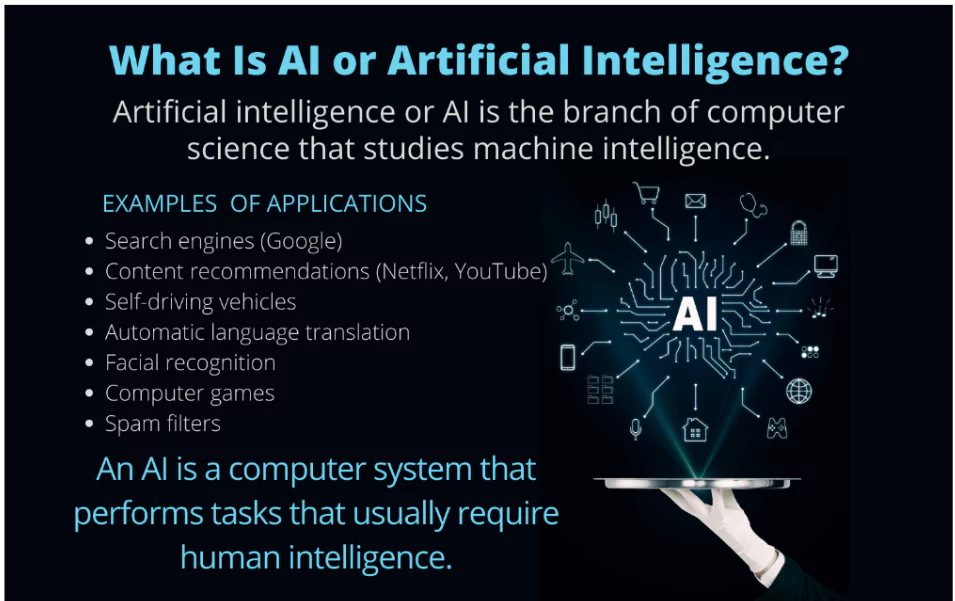The United States, the European Union, and the United Kingdom are set to sign the Council of Europe’s Framework Convention on Artificial Intelligence and Human Rights, Democracy, and the Rule of Law.

About the Treaty
- This is the first legally binding international treaty on the use of AI.
- The treaty is called the Council of Europe Framework Convention on Artificial Intelligence, Human Rights, Democracy, and Rule of Law.
- Other AI Regulations Worldwide: The treaty complements other AI agreements, such as the G7 AI pact, Europe’s AI Act, and the Bletchley Declaration, which were signed in 2023.
Enroll now for UPSC Online Course
Key highlights of Council of Europe Framework Convention on AI
- Risk-based approach: The treaty focuses on assessing the risks associated with different AI systems and implementing appropriate regulations.
- It aims to regulate AI systems in both public and private sectors.
- Human rights protection: It prioritises human rights and ensures that AI systems are used in a way that respects equality, privacy, and other fundamental rights.
- Accountability: Signatories are held accountable for any harmful or discriminatory outcomes of AI systems.
- Legal recourse: Victims of AI-related rights violations have the right to seek legal remedies.
-
Exemptions
-
- Exemptions in the Treaty: Certain areas, such as national security and research and development, are exempt from the treaty’s scope.
Significance of the Treaty

- Unified Standards: It aims to prevent disparate regulations that could hinder AI development by establishing a common framework on the global level.
- Protection of Rights: Ensures that AI technologies are developed and used in ways that uphold human rights, democracy, and the rule of law.
- Legal Recourse: Provides legal recourse for victims of AI-related rights violations.
Issues and Concerns with the Treaty
- Lack of Enforcement Mechanism
- Although the treaty is legally binding, it does not include penalties or fines.
- Compliance is ensured mainly through monitoring, which may not be a strong deterrent.
- Limited initial signatories: While 10 countries are expected to sign the treaty initially, it remains to be seen how widely it will be adopted.
Check Out UPSC CSE Books From PW Store
Obligations of Member States
- Human Rights Protection: Member states must ensure their AI systems protect human rights.
- Democratic Integrity: AI systems should not undermine democratic institutions, processes, or the principle of separation of powers.
- Protection of Democratic Processes: Measures must be in place to protect democratic activities, including fair access to public debates and the free formation of opinions.
|
![]() 6 Sep 2024
6 Sep 2024

